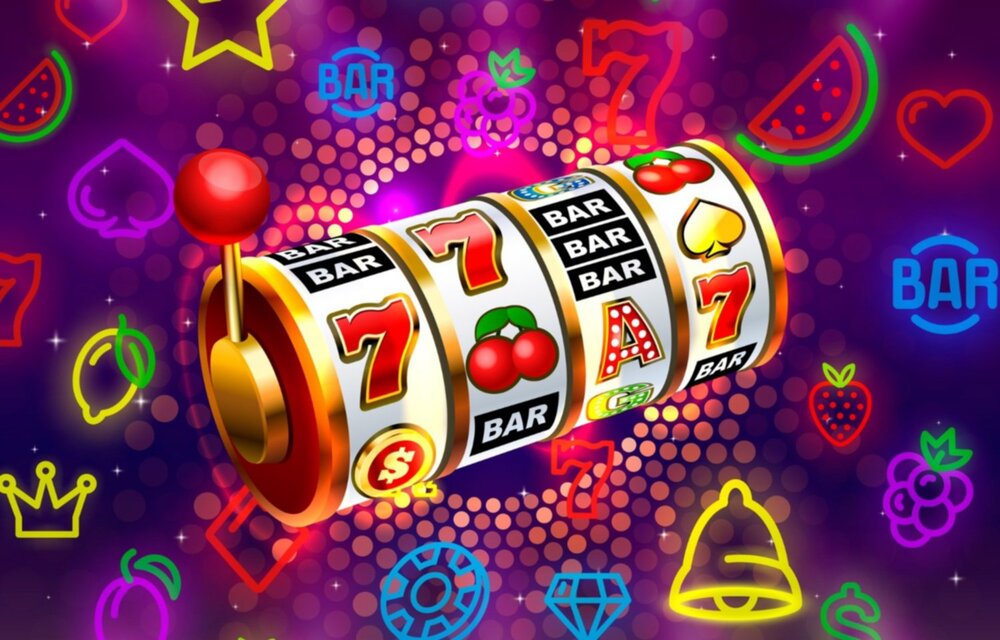From Rio to the Cloud: The Evolution of Casino Gaming in Brazil

Brasil.- 28 de Maio de 2025 www.zonadeazar.com For a country famous for Carnival, capoeira, and caipirinhas, Brazil’s long-standing ban on casinos has always felt somewhat out of step. Once home to glamorous gaming venues that rivaled Las Vegas in its golden era, Brazil outlawed gambling in 1946. Nearly 80 years later, the roulette wheel is spinning again—this time, in the cloud.
From Glittering Halls to a Nationwide Ban
Gambling in Brazil dates back to colonial times, with games like cards and dice gaining popularity. But its true heyday was the early 20th century. In the 1930s and early 1940s, Brazil’s casino scene was thriving. Iconic venues like Palácio Quitandinha in Petrópolis and Cassino da Urca in Rio de Janeiro hosted stars such as Carmen Miranda and other international performers. These establishments offered a unique blend of samba, fine dining, and blackjack—an unforgettable experience.
That all changed in 1946. Pressured by religious and conservative groups, President Eurico Gaspar Dutra shut everything down with a single decree. More than 70 casinos closed overnight, leaving thousands jobless.
But Gambling Never Disappeared
After the ban, the gambling scene went underground. One of the most popular alternatives was the Jogo do Bicho, a street lottery widely played across Brazil and tolerated by the public for decades. Later, bingo halls and slot machines took over, often operating in legal gray areas. Some masqueraded as charity fundraisers; others simply bribed local authorities.
Eventually, technology offered a new escape. By the 2010s, offshore online casinos enabled Brazilians to bet on sports, slots, and poker using foreign platforms—all from their smartphones.
The rise of cryptocurrencies made gambling even more accessible. With Bitcoin or USDT, players could wager anonymously on platforms like sportbet.one/casino, bypassing traditional banking systems entirely.
Then Came the Law
In 2018, Brazil took a major step by legalizing fixed-odds sports betting. But the real breakthrough came in late 2023 with Law 14.790/23, which officially regulates online gambling and imposes taxes on both operators and players. Companies now require a license costing R$30 million and must comply with strict regulatory standards.
What About Physical Casinos?
A new bill could legalize land-based casinos as early as 2025. If passed, Brazil’s casino story may resume—this time with internet connectivity, crypto integration, and much higher stakes.
Editó: @_fonta www.zonadeazar.com